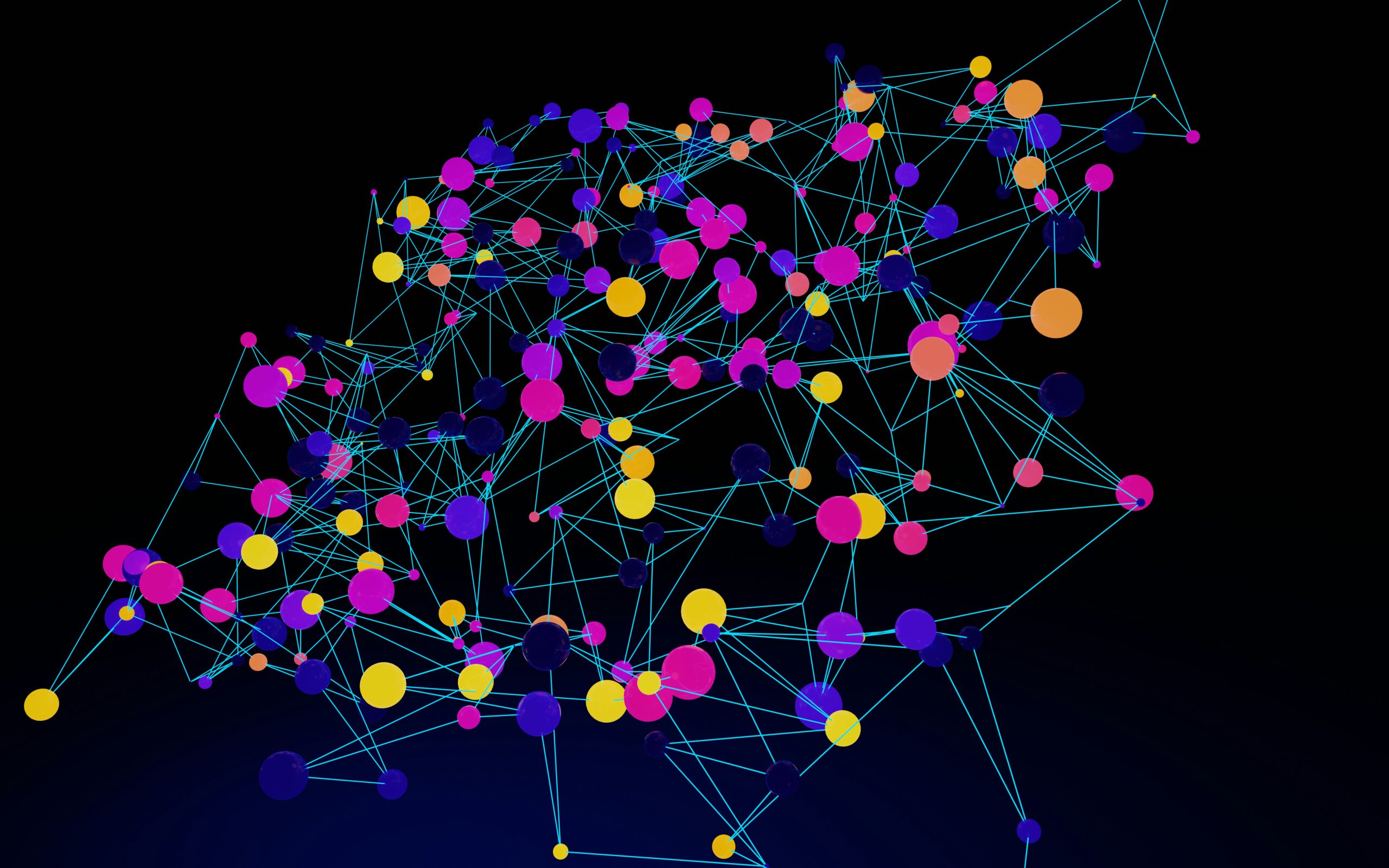The Power of Decentralized Leadership in Expanding Health Networks

In today’s rapidly evolving healthcare sector, the shift toward decentralized leadership models is gaining significant traction. As health networks grow and expand, maintaining efficient decision-making, communication, and responsiveness across multiple levels is crucial. Decentralized leadership offers a solution to these challenges by distributing authority and responsibilities across different layers of the organization, enabling greater flexibility, innovation, and collaboration.
Benefits of Decentralized Leadership in Healthcare
One of the primary advantages of decentralized leadership is its ability to empower individual departments and teams. In traditional, hierarchical models, decision-making often rests solely with top executives, which can lead to slow responses in a fast-paced environment. However, by decentralizing leadership, health networks can promote more autonomy at the local level, where managers and staff are in direct contact with patients and are best positioned to make informed decisions. This shift enables quicker problem-solving and a more agile response to emerging healthcare needs.
Furthermore, decentralization fosters greater innovation within healthcare teams. By distributing authority, health networks can encourage the development of creative solutions tailored to specific challenges. Each team can focus on its unique needs, experimenting with new methods, technologies, and patient care strategies. This flexibility is essential for healthcare systems aiming to adapt to the constantly changing landscape of medical advancements and patient demands.
Improved Communication and Collaboration
Decentralized leadership models also enhance communication and collaboration across health networks. By giving local teams the authority to make decisions, these teams can directly communicate their needs, successes, and challenges to upper management without the bottleneck of centralized authority. This open communication structure ensures that leaders at every level are informed and engaged in real-time, allowing for more proactive adjustments and interventions when necessary.
Moreover, when healthcare professionals feel that they have a voice in decision-making, they are more likely to engage in collaborative efforts. A decentralized model removes hierarchical barriers, enabling greater cooperation between different departments, such as physicians, nurses, and administrative staff. This teamwork can improve patient care by ensuring that all parties involved are working towards common goals and understand each other’s perspectives.
Overcoming Challenges with Decentralized Leadership
While the benefits of decentralized leadership are evident, implementing such a model can come with its own set of challenges. One of the primary concerns is maintaining consistency across the network. With multiple teams operating independently, there is a risk of varying practices and standards, which could lead to discrepancies in patient care or operational efficiency. To counter this, health networks must establish clear guidelines, protocols, and regular check-ins to ensure that all teams are aligned with the overarching goals and standards.
In addition, decentralized leadership requires strong leadership at all levels. Leaders within each department must be capable of making critical decisions, managing resources effectively, and motivating their teams. Without strong leaders, decentralized models can lead to confusion, lack of direction, or inefficiency. It is therefore essential for health networks to invest in leadership development programs that prepare managers at all levels for the challenges of decentralized leadership.
Supporting Growth and Scalability
As health networks expand, decentralization becomes increasingly important for managing large, diverse organizations. Decentralized leadership enables health systems to scale more effectively by empowering regional or departmental leaders to oversee specific areas without the need for constant direction from the top. This autonomy can be especially important for rapidly growing networks or organizations with multiple branches spread across different regions or states.
By allowing regional leaders to make decisions tailored to their specific populations, decentralized models create a more personalized approach to healthcare. This helps networks adapt to the needs of local communities while still maintaining a cohesive overall strategy. This level of flexibility is crucial for fostering sustainable growth in the competitive healthcare market.
A Future-Oriented Approach to Leadership
Decentralized leadership models offer a dynamic and effective solution for expanding health networks. By empowering local teams, improving communication, and fostering collaboration, decentralized leadership enhances decision-making and promotes a more adaptive, responsive healthcare system. Although challenges exist, such as maintaining consistency and developing strong leadership at all levels, the potential benefits far outweigh the risks. As healthcare networks continue to grow, decentralization is proving to be a vital approach to ensuring their success and long-term sustainability.